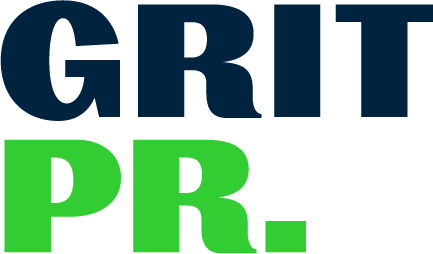Tips for Entering the Name, Image, and Likeness Wild West
“The Wild West” is an appropriate moniker for the evolving frontier of Name, Image, and Likeness (NIL), which brought in an estimated $917 million in the first year, according to Opendorse. In this booming landscape, collegiate athletes and brands should consider two key questions when navigating NIL.
First, what is the state legislation? The NCAA left the vast majority of the decision-making up to state legislatures. This means that what applies in California doesn’t apply in Alabama, and vice versa. Athletes should know what rules apply in their state, and brands must remain informed on the newest laws. Brands should also note if and when the state laws change; for example, Alabama repealed its NIL bill in February 2022. In addition to knowing the laws, companies can gain and maintain an advantage by using applicable state laws to sign coveted high school athletes. A perfect example is a deal announced on August 22, 2022, that gives all high school football players at St. John Bosco the ability to use the KONGiQ Sports Performance system in exchange for social media posts.
When navigating state legislation, two great resources for NIL laws are Business of College Sports and On 3.
What is the individual university policy or conference policy? The most pervasive university rules allow NIL compensation, mandate the disclosure of deals, and condemn pay-for-play, but additional restrictions run the gamut.
The University of Southern California requires a written license from the Office of Trademarks & Licensing Services if any marks are used, which includes USC uniforms, team apparel, gear, logos, and word marks. San Diego State’s policy citing intellectual property denies the use of marks “given so many unknowns in this space.”
The University of Wisconsin requires that any agent working “with a student-athlete for NIL purposes must adhere to the Wyoming Uniform Athlete Agent Act.” Yet another twist. The University of Texas at Austin, which owns the wealthiest college football program in the country, bars athletes from using Cash App and Venmo to gain income.
The university website and its compliance or NIL departments are great resources for policies. Athletes should stay informed by doing their own research and fact-checking with their university rep or agent. Brands should adhere to all policies without prompting, allowing them to gain the trust of athletes and universities.
